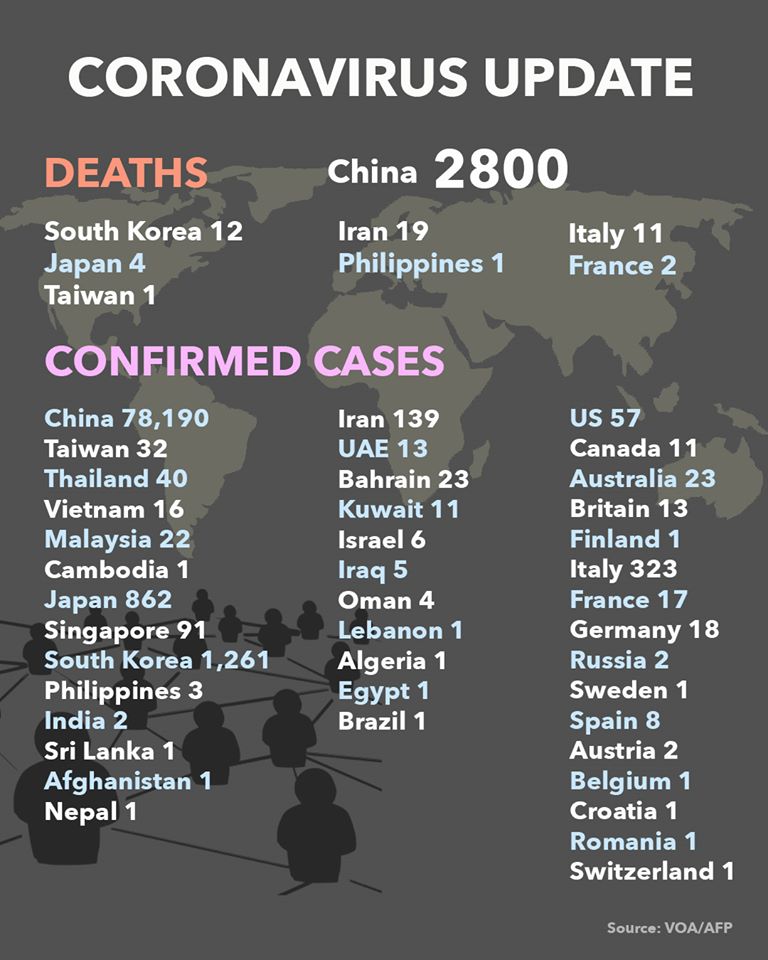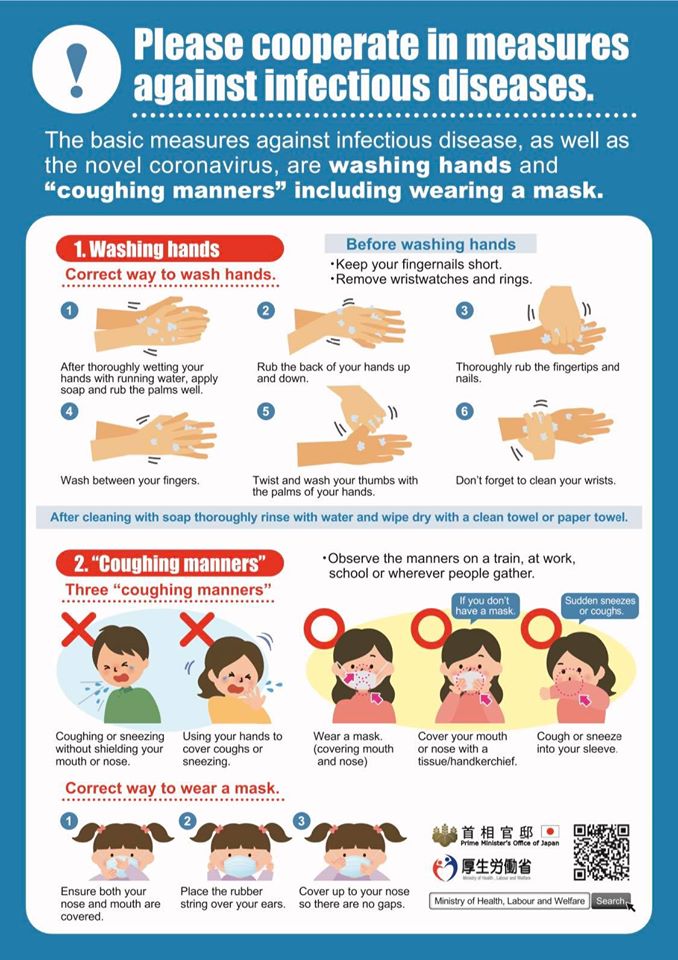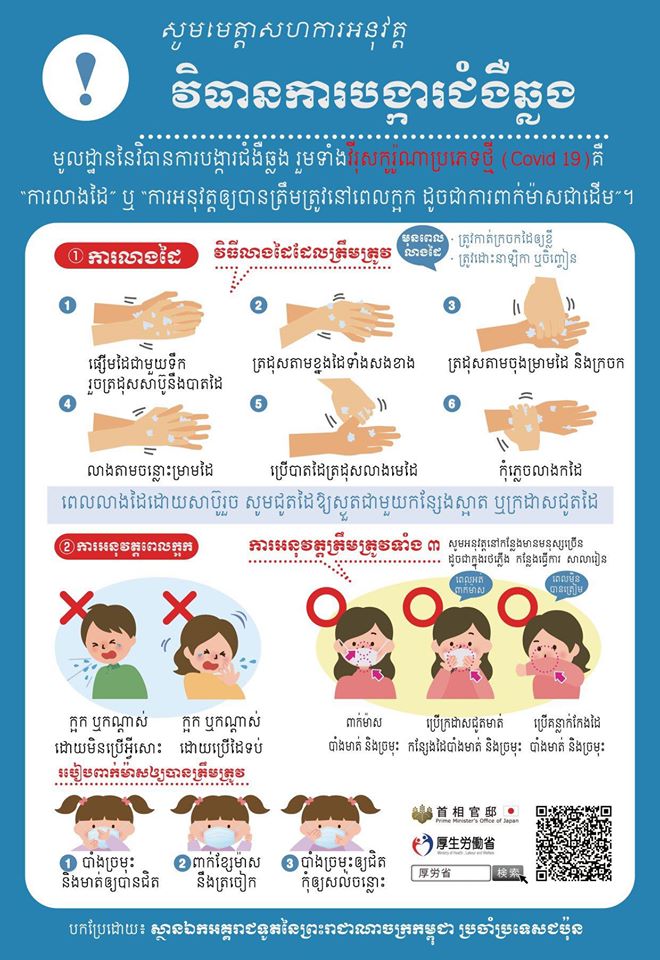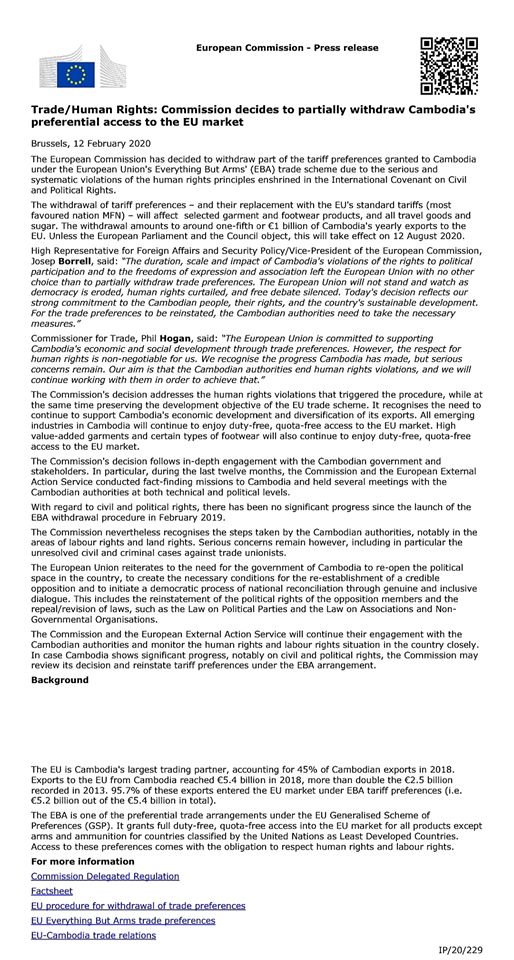February 27, 2020
The Cambodian People do not allow Hun Sen to destroy the Cambodian economy.
After the abolition of Cambodia democracy, Hun Sen has been in the process of destroying the economy. The destruction of both: the political democracy and the national economy in which these two factors are original interdependent, Hun Sen has a single reason is the desire to maintain his personal lifetime power.
Two grave mistakes Hun Sen has made are political democracy and national economy. The most serious political mistake in this case is the dissolution of Cambodia National Rescue Party (CNRP) in 2017 aiming to preempt the CNRP from participating in the 2018 national election. The dissolution of the CNRP is a killing of democracy because without having a strong oposition party, democracy is totally dead. Everyone knows that without CNRP as opposition party, no other party is credible. Hun Sen’s ultimate decision to dissolve CNRP has triggered the international community especially the European Union reacted swiftly as EU has essential role and obligation to safeguard democracy and human rights in Cambodia. One of the EU’s urgent reactions is to suspend the trade preference named “everything but arm” (EBA) scheme in which has resulted in grave economic slow-down in Cambodia. Another mistake of Hun Sen is to associate with China and be fully dependent on China’s supports of economy development while EU and USA have sanctioned or have prepared more severe economy and trade sanctions over current Cambodia regime.
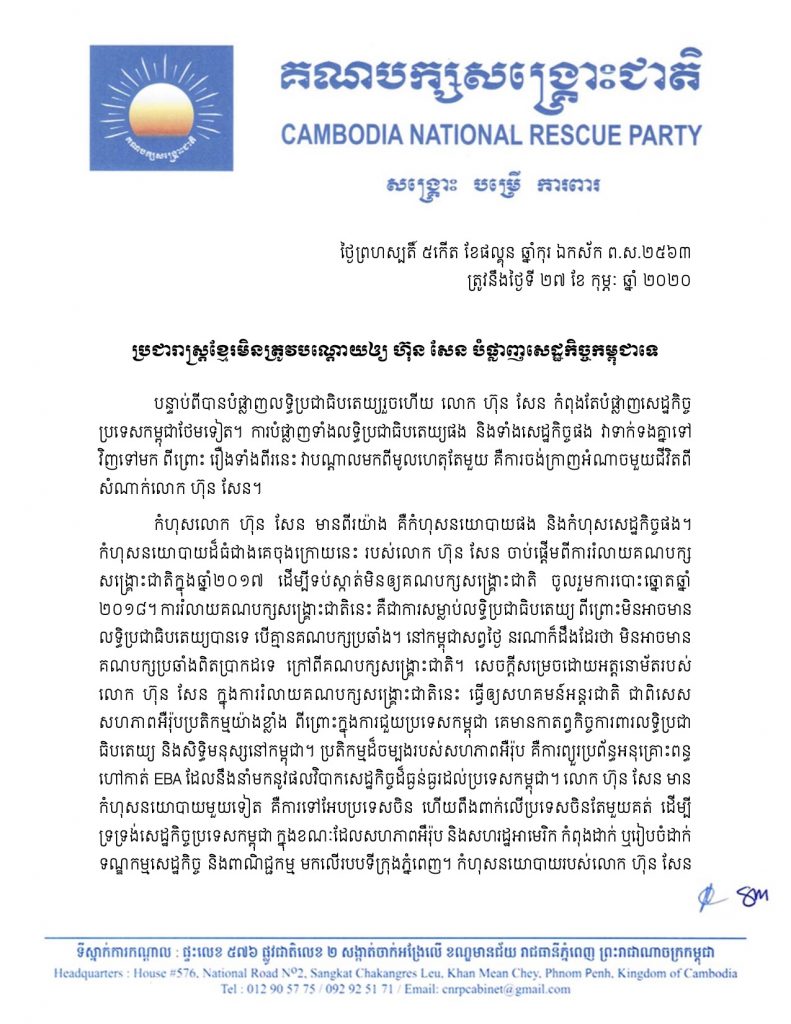
The latest is a similar case of the Pol Pot whose leadership was wholly depending on China to contain his grip on power, under the Khmer Rouge regime, in the 1970s.
For the economy mistake, Hun Sen has undertaken it since 25 years ago. This failure is caused by Hun Sen’s ignorance and uneducated mindset which has not based on skill, experience and vision to handle the national economy development.
Hun Sen has lacked self-education and does not understand the investment of providing education to the people for nation development, Hun Sen has spoiled the Cambodia education system with disorganized human resource management and low quality standard comparing to neighboring countries. Hun Sen has relied on garment factory economy solely which requires low techinical skill and workers receive low wage as well. More than this, Hun Sen has made garment industry exported to free world countries only such as Europe and USA by relying on monopolitic raw materials imported from China. Right now, both exporting destination countries and key source of raw materials have been facing uncertainty and shortfall impacted by the suspension of EBA and COVID-19 infection. The Coronavirus infection has troubled badly on China’s industry which has curtailed supply chain to Cambodia.
With above policy failure, Cambodia’s garment industry shall face severe crisis causing unemployment and livelihood of millions of Cambodian workers and their families.
Continue reading
